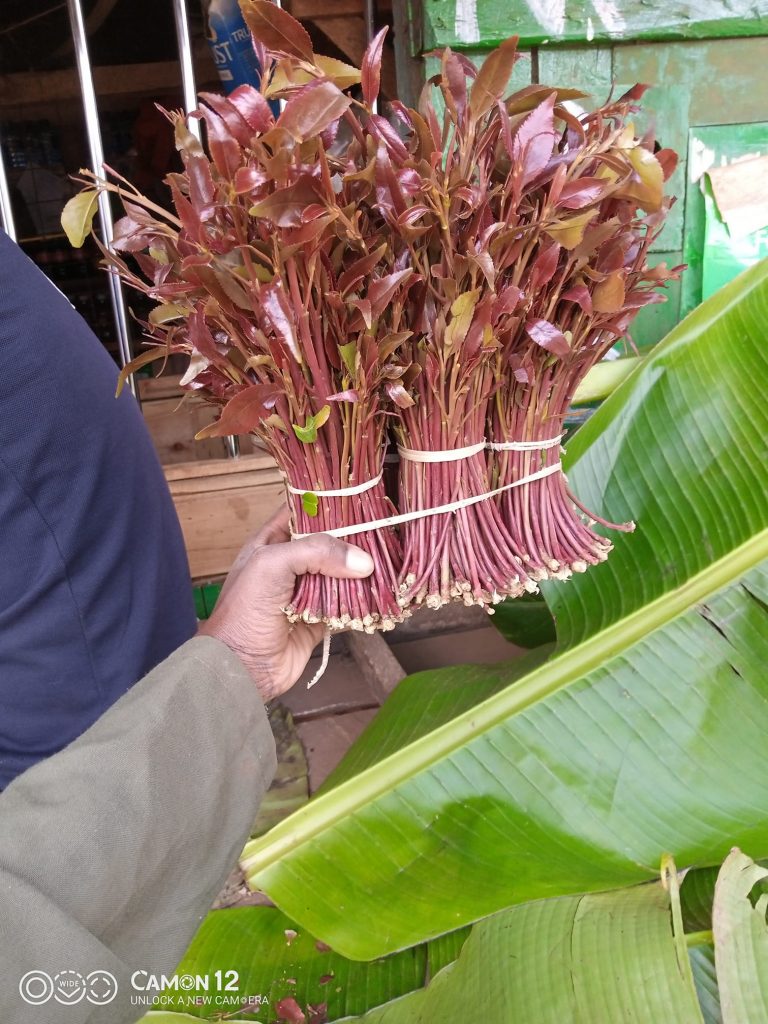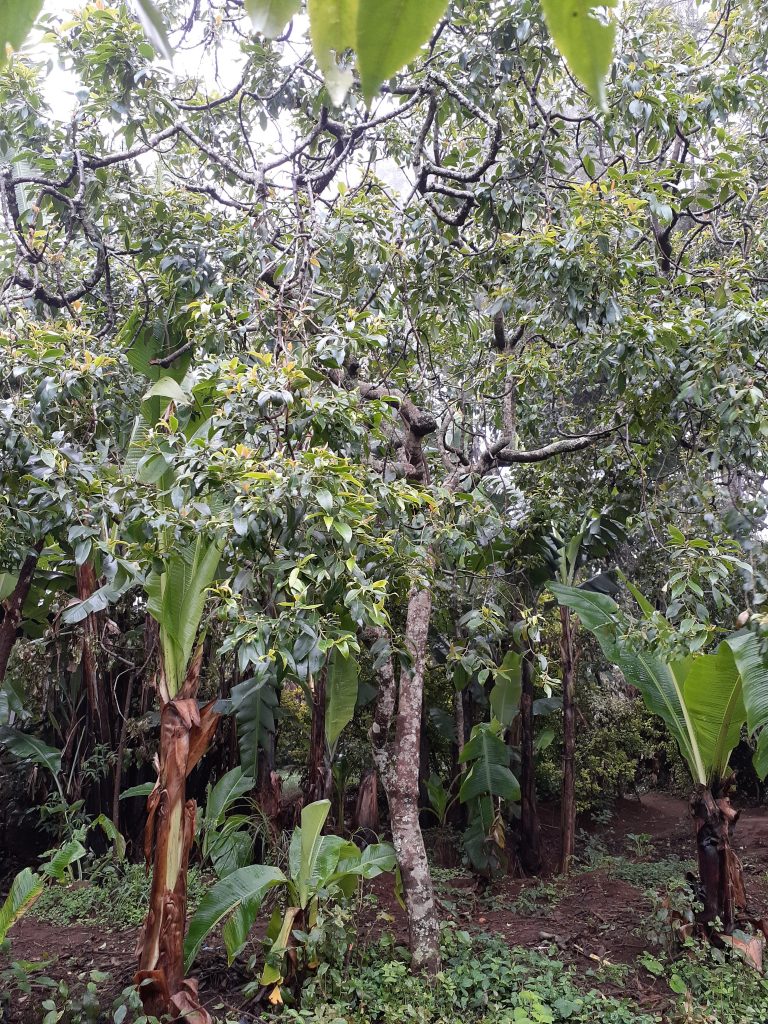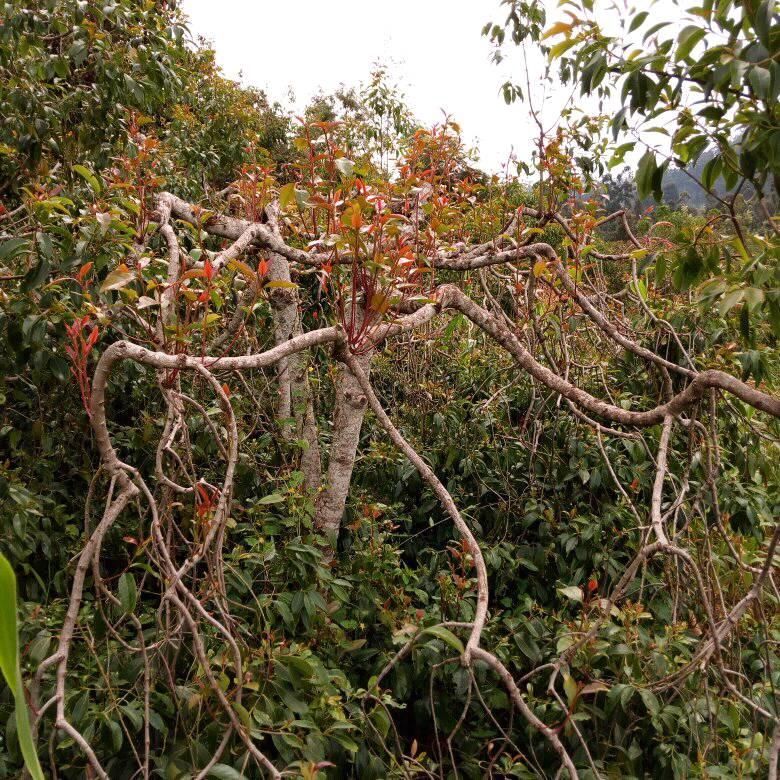As a Miraa researcher, I got interested when I read from mainstream media that new Miraa regulations {The Crops (Miraa) Regulations, 2021} have taken effect. The regulations were developed in 2019 but they were announced as having taken effect in June 2022. All Miraa stakeholders have been recognizing the need to regulate the Miraa industry for improved access to international markets and protection of farmers from exploitation by unscrupulous dealers.

Social media posts on the demerits of the Miraa regulations are circulating. Is the information in them factual? Is it distorted? In the heat of political wrangles regarding who is facilitating the opening of Miraa markets and who is frustrating the opening, the risk of misinformation is high. I took some time to peruse the regulations and summarize exactly what is in them for farmers and dealers. In this article, I will discuss the Registration and Licensing part of the regulations because the circulating posts are mainly about it.
The overall goal of the Miraa regulations is to enhance the marketing of Miraa produce and products. The government seeks to achieve the goal by assuring the safety and quality of Miraa. That can only be possible if the entire Miraa value chain, from growing to consumption, is regulated. The government intends to control the chain by registering Miraa dealers, licensing and permitting their operations, issuing import and export permits, collecting Miraa data, ensuring compliance with safety and quality standards, and ensuring contracts between buyers and growers are favorable.
The regulations start by requiring operators of Miraa commercial nurseries to be licensed by the government. I don’t think this should raise much concern since most Miraa farmers get seedlings from their own or friends’ farms. Only people who might want to try Miraa farming where it has not been happening are likely to be affected by this regulation since nurseries for commercial production of seedlings have to be set in such scenarios. Since Catha edulis has many cultivars and variants grown in several countries including Ethiopia, Yemen, and Saudi Arabia, I think the regulation of commercial nurseries would ensure the maintenance of Kenyan cultivars without contamination by cultivars from other countries. It would preserve brand identity, which is vital in marketing.
The regulations provide for the formation and registration of Miraa growers’ associations to enhance access to economies of scale. Miraa growers in an association can easily access external markets and lobby for subsidies from the government to reduce costs of production. Since the government is indicating that smallholder growers MAY register with an association, my interpretation is that joining the associations is not compulsory but recommended.

For Miraa aggregators (traders) and Miraa commercial transporters, it is compulsory to register with the county government before starting the business. Miraa vendors are required to get a license from the county government to sell Miraa at designated points. In my view, if the registration and licensing processes are seamless and the cost of registering affordable, it should not be a cause for alarm. Better still, this requirement can be scrapped off since there have been no safety or quality concerns by consumers regarding the Miraa sold by vendors in Kenya.
The regulations require Miraa exporters and importers to register, get licensed, and obtain permits from the Agriculture and Food Authority. Getting the registration certificate, license, and permit will be seamless since a 7-day, 30-day, and 2-day timeline respectively, is specified. The Miraa export license will initially cost Sh. 20 000 and be annually renewed by paying Sh. 10 000. The import license will cost Sh. 30 000 initially and Sh. 15 000 for renewal. The export permit will cost Sh. 2 000 while the import permit will cost Sh. 5000. This regulation is important because the government can ascertain that the safety and quality of Miraa are not compromised during trading, transportation, and packaging for export only if it is in control of the people doing the work. It is the new overseas markets that have concerns regarding safety, hence the need to assure them through the stringent measures.
Overall, I think the only way to formalize an industry is to have a mechanism to trace its operators. Registration, licensing, and issuance of permits facilitate the government to trace operators. The fees charged cater to the costs of registration and surveillance to ensure the requirements for registration are met. For instance, the government is able to ascertain the professionalism of conventional healthcare professionals because they get registered and licensed. On the other hand, you have to do due diligence when choosing an herbalist to treat you because herbal medicine is not regulated in Kenya.

I wish that the regulations would specify fees and timelines for registration, licensing, and issuance of permits to Miraa traders and vendors just as they have done for exporters and importers. I understand that the details may have been left out because the mandate is given to the county governments. I believe whoever will be the governor of the Meru County government will set reasonable fees and timelines for registration, licensing, and getting permits to ensure no trader or vendor is blocked from the Miraa business. However, I doubt whether other county governments would be gracious enough to protect Miraa traders and vendors. Although the regulations have shown intent to protect Miraa from punitive levies by county governments, they refer to section 17 (3) on the only fees counties should charge, but the section is non-existent in the regulations. It would be prudent to specify all the fees and timelines in the regulations rather than leaving the responsibility in the hands of county governments, some of which have a history of exploiting Miraa businesses.

Leave A Comment